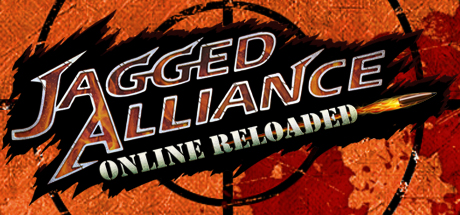- ARPDAUPosted 13 years ago
- What’s an impressive conversion rate? And other stats updatesPosted 13 years ago
- Your quick guide to metricsPosted 13 years ago
Why retail doesn’t give a toss about Steam
I have spent the last few days genuinely puzzled over a story that UK retailers are threatening to “demand that publishers remove Steam from their games, or they will not sell them in any form.”

MCV broke the story, under the headline Retailers blow off Steam (at least that was the headline in the print edition). It quoted several senior sources, from publishers and rival distribution services, claiming that Steam’s strangehold on the market was dangerous. One retail digital boss said “If we have a digital service, then I don’t want to start selling a rival instore.”
I’m not entirely surprised that people have woken up to the dominance that Steam has over the PC market. Six months ago, I wrote Five reasons why Steam will destroy the PC games industry warning that we were sleepwalking into a de facto monopoly. (Don’t get me wrong: I love Steam, and how it has kept PC gaming alive – I just worry about any company achieving market dominance).
The odd thing is that I didn’t think that retail cared. I am a PC gamer by nature. I grew up playing games on the PC like Darklands, X-Wing, Command & Conquer, early (and excellent) Star Trek point and click adventures, X-Com and Jagged Alliance. I’ve watched as retailers like GAME and HMV drove me to Amazon and Steam through their rubbish support for the PC platform.
And I wasn’t surprised.
PC is rubbish for retail
PC games just don’t suit retail. They are often complicated to explain (compared to console titles). They are often bugged or difficult to install, leading to customers wishing to return them. They are easy to pirate. They are niche titles (with the occasional exception) compared to the high-budget, mass-market console titles with huge marketing support. Perhaps most importantly, they can’t be reintroduced to the retail channel through pre-owned.
About three years ago, I walked into the PC section of Zavvi in Piccadilly Circus, one of its largest stores. I stood in an under-stocked, underwhelming PC section and thought to myself “What am I doing here – no staff who understand PC games; no reviews, videos, trailers or opinions; hardly any stock or variety.” I decided there and then that there was no future for PC physical retail, but that online stores like Amazon and Play and download services for Steam were where I would buy all future games.
So this bleating about Steam from retail seemed bizarre to me. Why do they even care? The PC market isn’t that big and it has been a low-priority for retail for a decade. What’s going on.
One small reason and one big reason
The small reason is simply that the PC is where innovation happens. It’s not controlled by Microsoft or Sony, Apple or Facebook. It allows new content to flourish.
And new digital distribution systems.
The PC is a great place to trial new services. Streaming. Social gaming. Digital downloads. Recommendation and lead generation engines.
Valve experimented, built a brilliant service and has built a dominant service in a platform that retail had written off. More importantly, retail know that digital (and I mean digital, not Steam) is a fundamental threat to their very existence. Belatedly, they realised that they had allowed Valve to eat their lunch.
So they are, petulantly fighting back.
It’s got nothing to do with Steam
But it still made no sense. Until I realised that the furore had nothing to do with Steam.
It’s all about the console.
You see, it can’t have escaped retail’s notice that Microsoft and Sony are getting pretty successful with XBLA and PSN. XBLA makes about $1.2 billion a year. DLC is getting more prevalent. Retail is beginning to worry that the console manufacturers don’t need them.
Of course, the console manufacturers do need them. They need them to sell consoles, Kinect, Move, controllers and add-ons. Without retail, it would still be very hard to launch a new hardware platform.
So this war on Steam isn’t about PC. It’s not about the few PC titles a year that make a meaningful difference to the cash registers at GAME and GameStop.
It’s a warning shot. A reminder to Microsoft and Sony that they need retail, and to slow down on the race to digital.
It’s an attempt to hold back the tide of digital that has engulfed music, and parts of gaming, from swamping the console. Because of the console manufacturers need to retail to shift boxes, it might work.
For a while.













